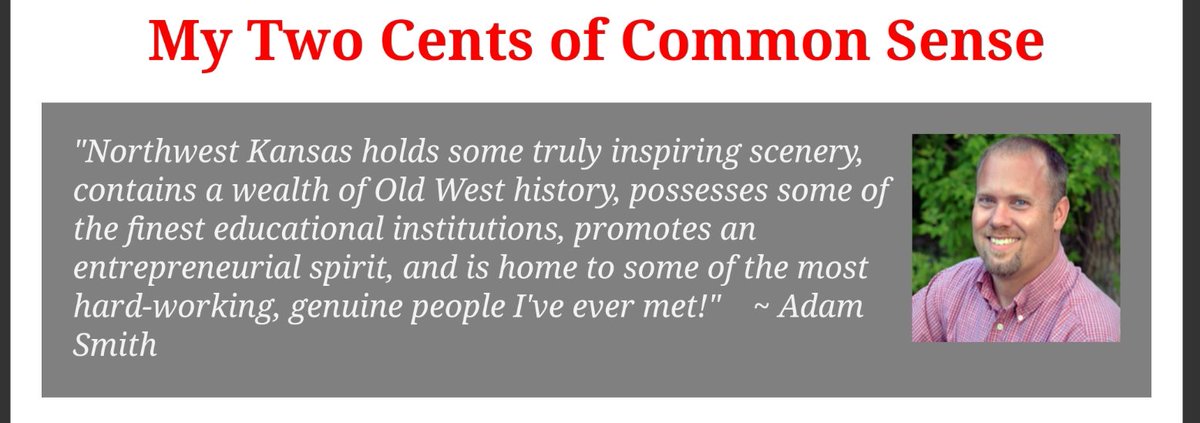medium.com/s/reasonable-d…
washingtonpost.com/lifestyle/styl…
Many of Leob’s colleagues don’t agree with him; they think the space object is a comet. 4/
theatlantic.com/science/archiv…
theatlantic.com/science/archiv…
jasoncolavito.com/blog/i-spoke-w…
nymag.com/intelligencer/…
paradigmresearchgroup.org/wordpress/medi…
newsweek.com/2018/09/28/do-…
medium.com/s/reasonable-d…
bbk.ac.uk/hiddenpersuade…
csicop.org/si/show/roswel…
csicop.org/si/show/the_ro…
airspacemag.com/daily-planet/w…
nytimes.com/2011/08/25/art…
pbs.org/wgbh/nova/alie…
psychologytoday.com/us/blog/why-we…
time.com/4376871/alien-…
blogs.discovermagazine.com/badastronomy/2…
"Research on this theory shows that news coverage plays distinct roles in our society," Sparks says. 41/
I'd be interested in seeing more research on this topic, if folks want to recommend additional references. 46/








